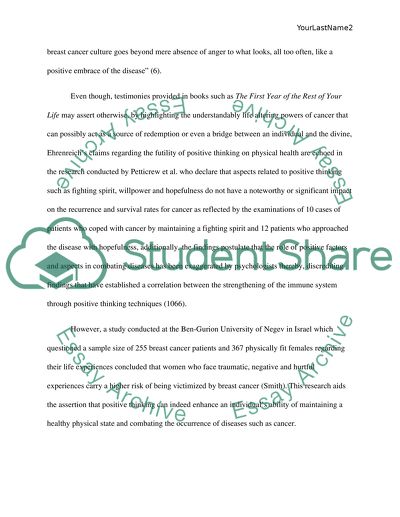Cite this document
(“Positive Thinking and Health Research Paper Example | Topics and Well Written Essays - 1500 words”, n.d.)
Retrieved from https://studentshare.org/english/1480738-positive-thinking-and-health
Retrieved from https://studentshare.org/english/1480738-positive-thinking-and-health
(Positive Thinking and Health Research Paper Example | Topics and Well Written Essays - 1500 Words)
https://studentshare.org/english/1480738-positive-thinking-and-health.
https://studentshare.org/english/1480738-positive-thinking-and-health.
“Positive Thinking and Health Research Paper Example | Topics and Well Written Essays - 1500 Words”, n.d. https://studentshare.org/english/1480738-positive-thinking-and-health.


